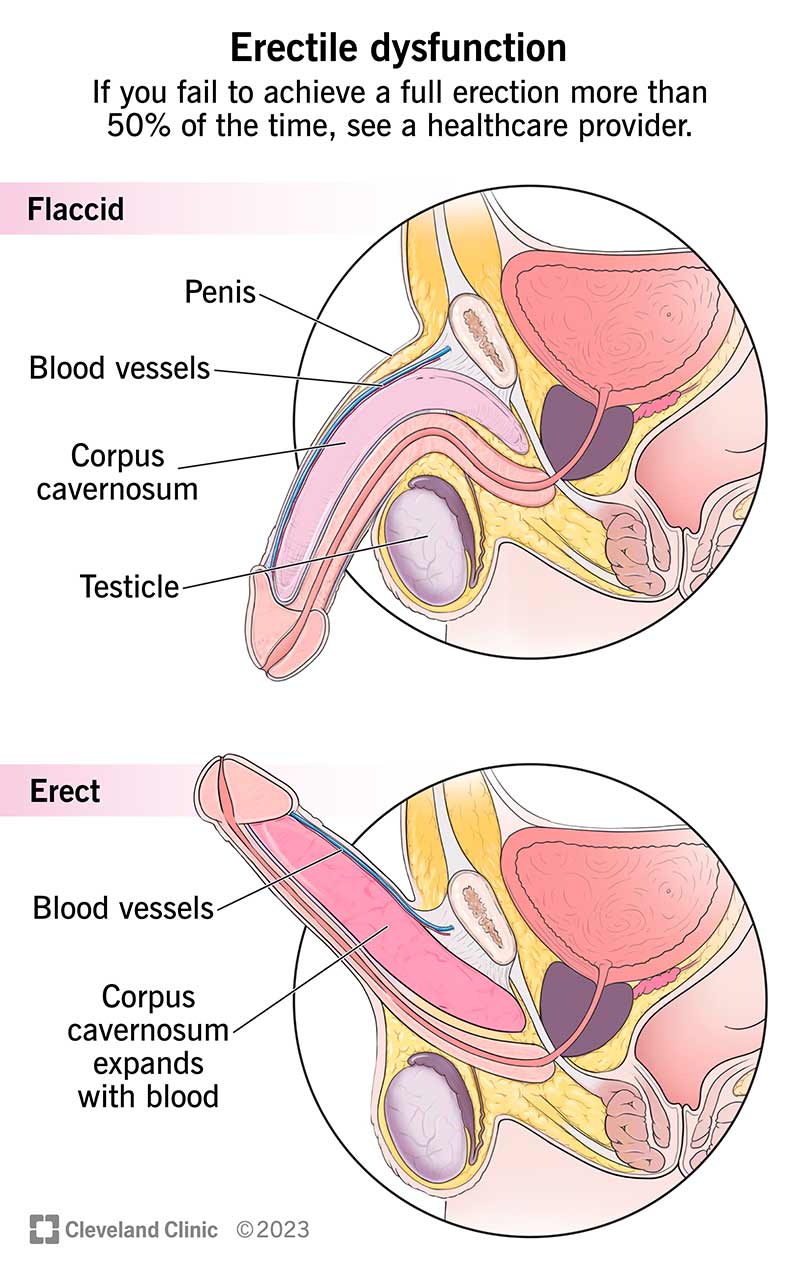Erectile dysfunction (ED) often stems from a combination of factors. Vascular issues, such as high blood pressure and high cholesterol, restrict blood flow to the penis, hindering erections. Diabetes damages nerves and blood vessels, contributing to ED. Hormonal imbalances, particularly low testosterone, significantly reduce libido and erectile function.
Psychological Factors
Stress, anxiety, and depression frequently impact sexual performance. Relationship problems and past trauma can also contribute. Consider professional help if psychological factors seem significant.
Recognizing the Symptoms
Consistent inability to achieve or maintain an erection sufficient for satisfactory sexual intercourse is the primary symptom. This difficulty might be intermittent or persistent. Other symptoms may include reduced libido, difficulty achieving orgasm, and changes in ejaculation.
Lifestyle Modifications
Maintaining a healthy weight through proper diet and exercise improves blood flow. Quitting smoking drastically reduces cardiovascular risk factors linked to ED. Moderate alcohol consumption is key; excessive alcohol use negatively affects erectile function.
Seeking Medical Advice
Consult a doctor if you experience persistent erectile difficulties. A physical examination, blood tests, and possibly further investigations can pinpoint the cause and suggest appropriate treatments. Early diagnosis and intervention improve treatment outcomes.



